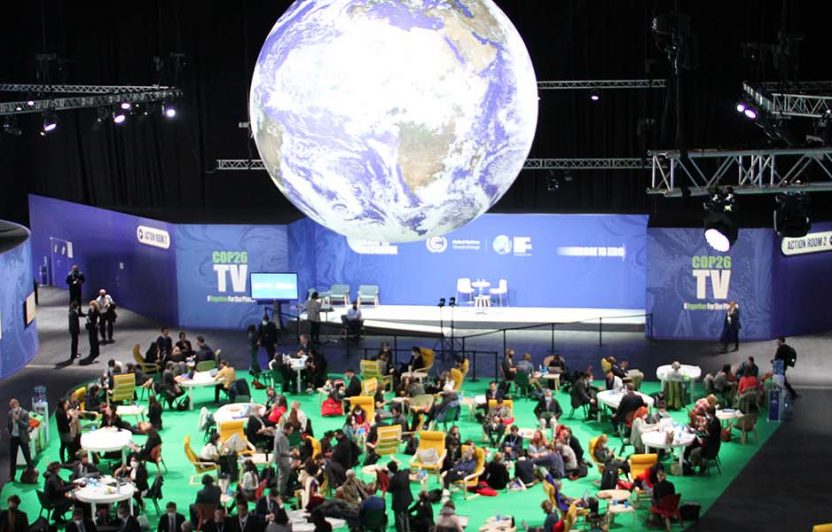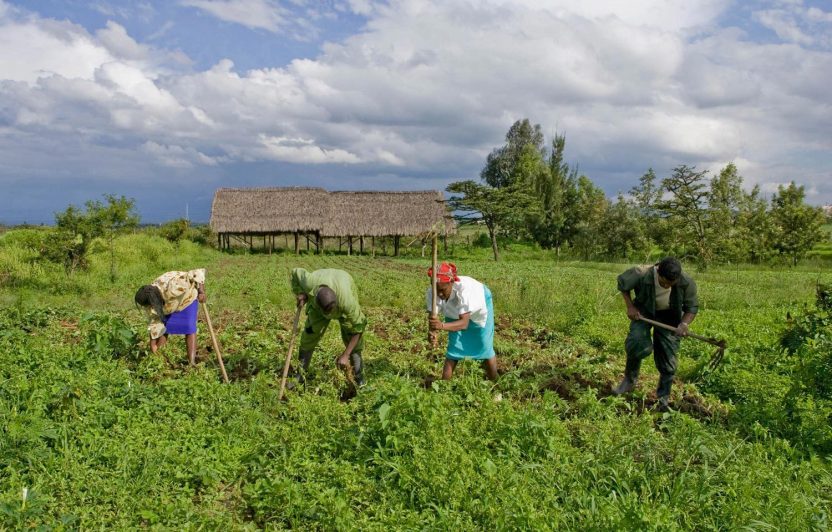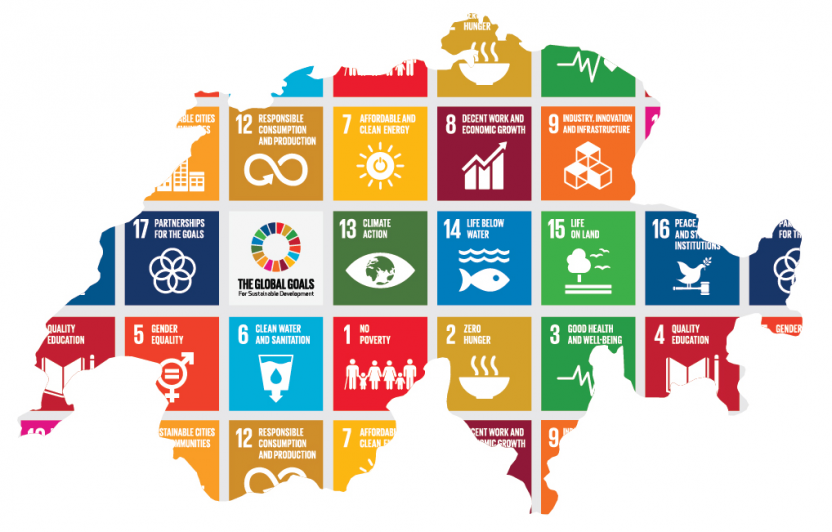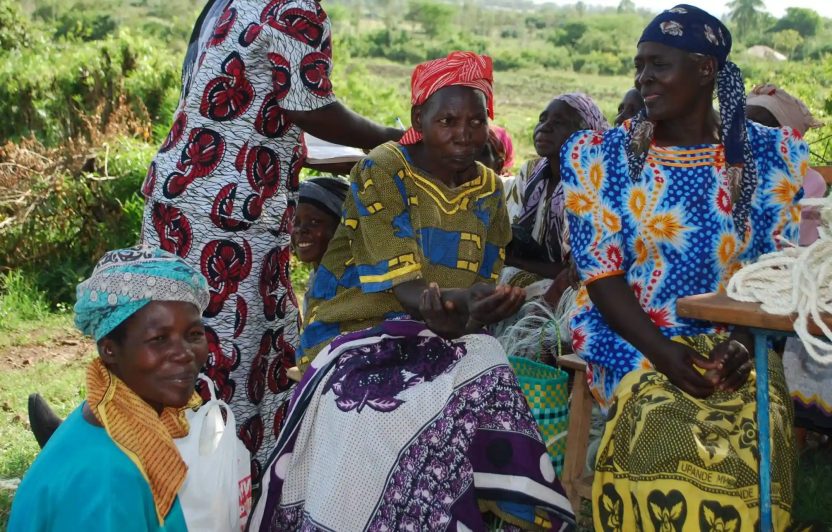Every few years, UN member states are requested to report Voluntary National Reviews about their progress towards the global sustainable development goals (SDGs). Switzerland did so recently with its first country report at the UN High-level Political Forum (HLPF) in 2018.
Why measuring progress is difficult
A system is being developed at the UN level to measure progress in achieving the SDGs, but it is difficult to apply it at the country level. Much of the data needed for the system is only collected globally. Each country is therefore obliged to set up its own system. Switzerland uses its own system for monitoring sustainable development, MONET 2030. It is well established and robust, but its compatibility with the systemic and global approach of the SDGs is limited. It would therefore be helpful for Switzerland’s country reports to be supplemented by further quantitative and qualitative information.
In parallel to the official evaluations and country reports, the progress towards the SDGs is evaluated by independently produced international reports, such as the Sustainable Development Report by SDSN Global. The validity and stringency of such reports are controversial, but they nevertheless provide important triggers. Switzerland, for example, ranks very high (fifteenth) in the SDSN Global report in terms of target achievement but has a disproportionately negative impact on other countries’ target achievements, where it ranks fourth to last. Only Singapore, Guyana and Luxembourg rank lower.
Evaluations must be incorporated into policy
Reports on the status of SDG implementation should be included in political discussions and decision-making. In its new Sustainable Development Strategy 2030, Switzerland is establishing the steps necessary to achieve the SDGs. The strategy, currently being developed, focuses on themes like consumption and production; energy, climate and biodiversity; and equal opportunities. A broad consultation process is to take place in autumn 2020. SDSN Switzerland will participate and pay particular attention to aspects of policy coherence, involvement of civil society, questions regarding resources needed to implement Agenda 2030, and how to strengthen the strategy’s environmental dimensions. Switzerland needs to improve in these aspects most, especially in light of its high global environmental impact.
Reliable data is needed to measure achievements
Data-based evidence demonstrating where we stand in achieving the SDGs forms an important basis for decision-making in civil society, business, government and research. It is useful for communicating with a broad public and for designing further measures. For this reason, SDSN Switzerland, together with the Federal Statistical Office, is organising a public event in Geneva on 27 August 2020 to measure the progress of the SDGs. The event is a stop on the “Road to Bern”, a series of events in preparation for the United Nations World Data Forum 2021, organised by the Swiss Confederation in cooperation with the UN, which will take place in Bern from 3 to 6 October 2021.





